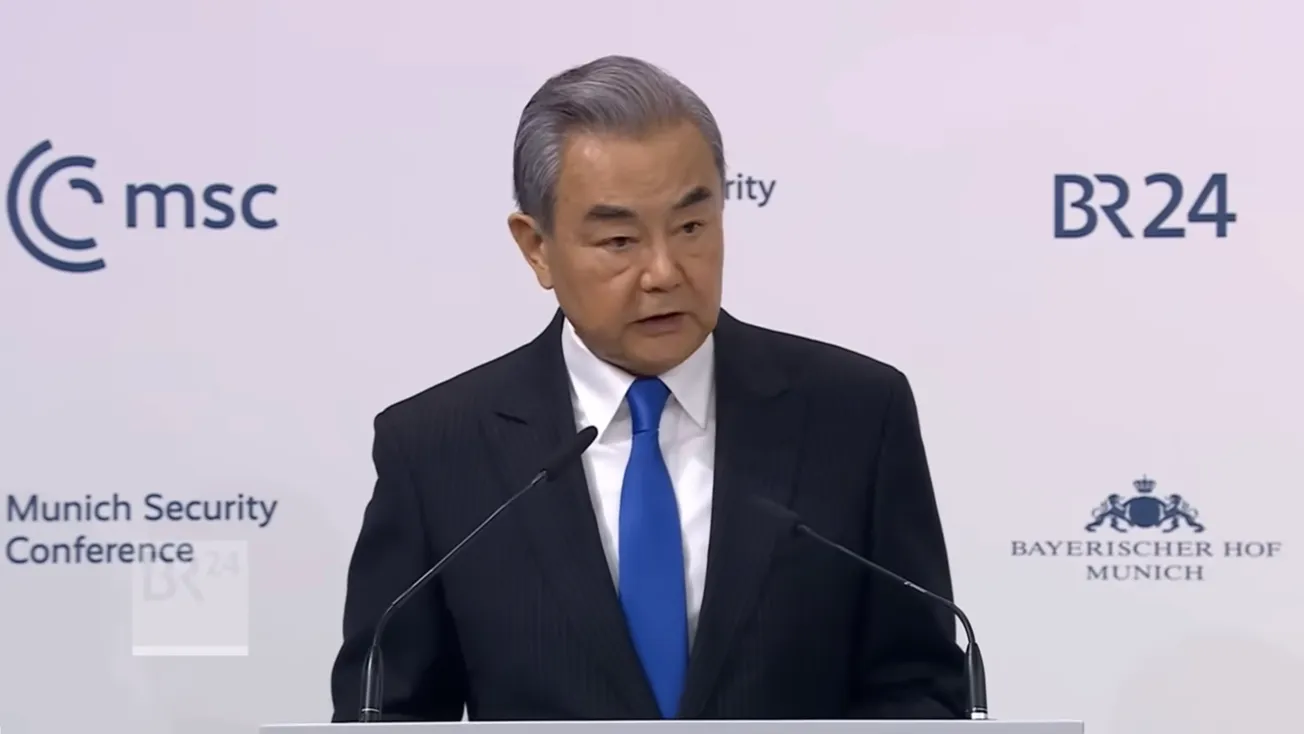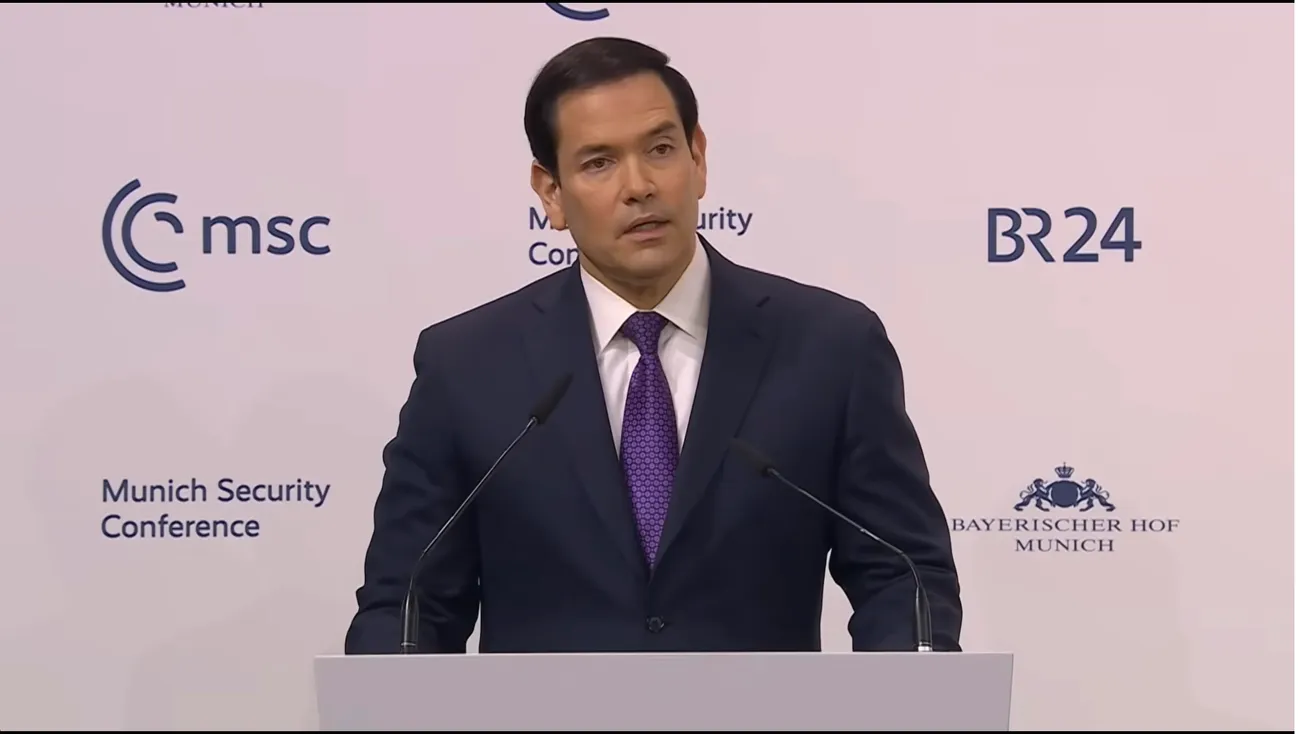In a new article published in The Cradle, “In Vladivostok, the Russian Far East rises,” journalist Pepe Escobar describes the historic shift indicated by Russian President Putin at last week’s Eastern Economic Forum (EEF) in Vladivostok, Russia. At that event, Putin opened his speech by saying: “The Far East is Russia’s strategic priority for the entire 21st century.”
This goes way beyond Russia’s “pivot to the East,” Escobar says, who was there in person in Vladivostok. “It is impossible to understand the Russian Far East magic without being on the spot,” something which virtually no Westerners took the opportunity to do. Escobar goes on to describe some of the massive investments being planned in the region, including 2,800 projects underway, 646 of which are already up and running.
The rate of investment into the Far East is now triple the average for the rest of the country, and will continue to be an area of enormous growth considering it is still only 35% explored yet holds the majority of Russia’s resources. All this will begin to be opened up as the infrastructure, transportation, and logistics capabilities are developed to make this the new center of global economic activity. Wang Wen from the Chongyang Institute for Financial Studies at Renmin University said that Vladivostok’s infrastructure must rapidly be expanded as it will become the new Hong Kong.
The vision for this is massive. It includes the Trans-Siberian Railroad and Baikal-Amur Mainline stretching across the country. It includes the International North-South Transportation Corridor from St. Petersburg, running through Central Asia all the way to Iran, and thence to Mumbai. It includes the planned Eastern Maritime Corridor from Vladivostok to Chennai, in Tamil Nadu on India’s east coast. And it includes the Northern Sea Route which will increasingly become a major point of transportation, which is also closest to the rich mineral and fossil fuel wealth of the Arctic. It may also include a Russia-China-D.P.R.K. partnership with increased trade and possible rail connections—which was the main substance of Kim Jong Un’s visit there. Fesco, Russia’s largest rail company, described these projects as a “titanic shift in logistics.”



